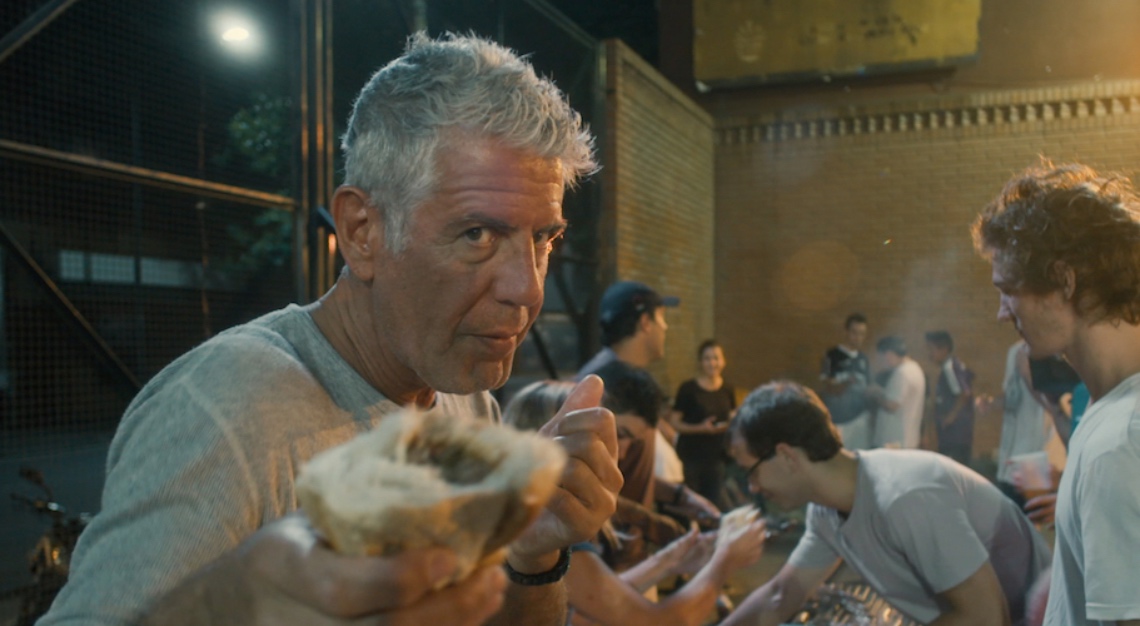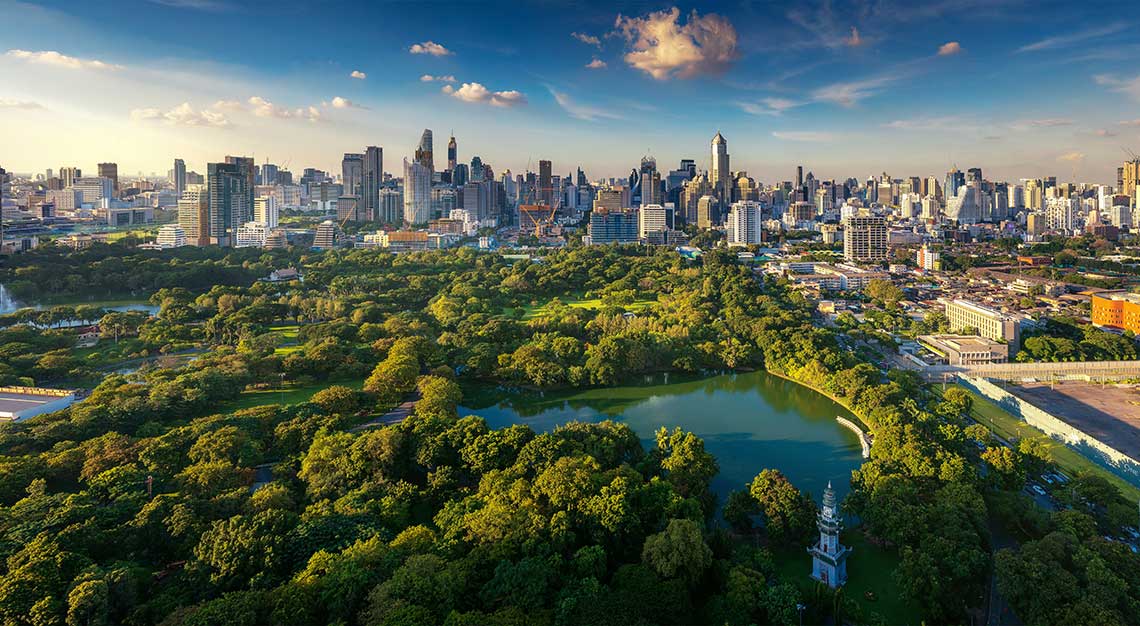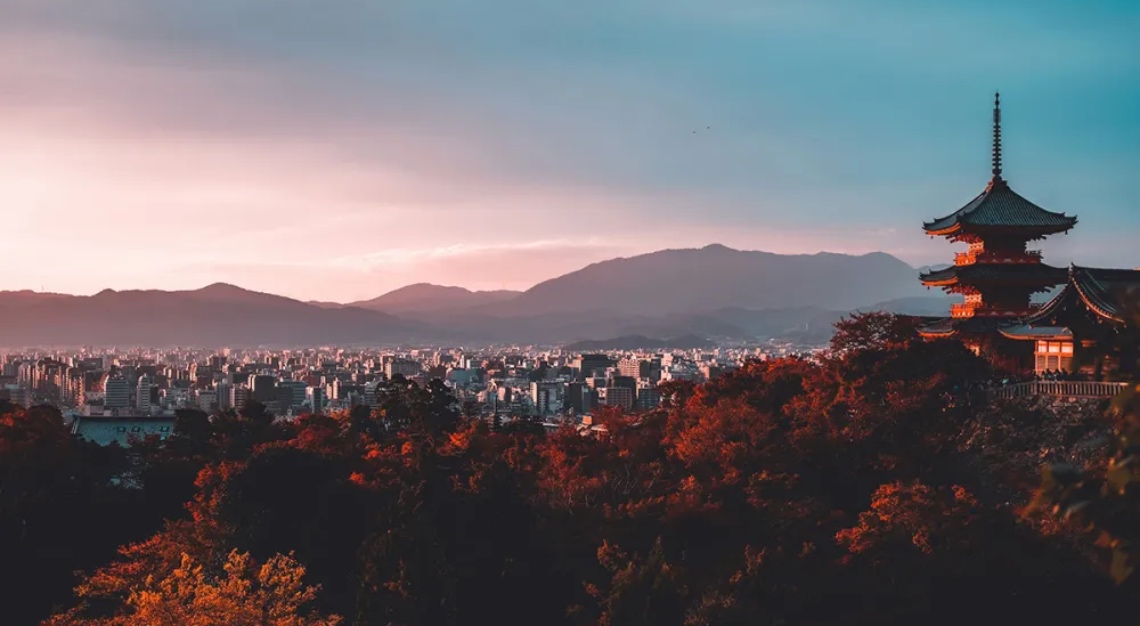Academy Award-winning filmmaker Morgan Neville offers a poignant and heartbreaking look at the late chef and host
It’s a strange thing to see Anthony Bourdain before he became Anthony Bourdain™. Before the travel shows, before the Emeril Lagasse insults, before the bestselling books and before the globe-striding fame, there was a 43-year-old chef and recovering heroin addict who was married for 15 years and believed the most adventurous part of his life had passed him by.
Early in Academy Award-winning filmmaker Morgan Neville’s new Bourdain documentary Roadrunner, we get to see footage of the late chef and TV star who eventually took his own life. And what we observe is something almost innocent and sweet. This was a man totally unaware of what the next two decades would bring him and it was striking to watch Bourdain crack the smile of a mischievous teen as he learns he’ll be a New York Times bestselling author for his swashbuckling memoir. And as his star begins to rise, there’s a moment where he chuckles with delight – and slight disbelief – that a hotel put a bottle of wine and fruit basket in his room to welcome his arrival.
It’s this view of Bourdain – taken from documentary footage that previously hadn’t seen the light of day – that makes Roadrunner especially worth watching. We get to take in Bourdain before the fame and then witness, over two hours, how fame seduced and repelled him in the wake of publishing the hit memoir Kitchen Confidential.

Bourdain posthumously narrates the movie of his own life, as Neville curates a few decades of Tony on camera and on the mic (some wasn’t even on the mic, but more on that controversy in a moment). Then the filmmaker talks with Bourdain’s closest friends and collaborators who witnessed and helped shape the career he’d create. Intercut with scenes from movies Bourdain admired and scored with music he loved, Neville stitches together retelling of the chef’s post Kitchen Confidential existence.
It begins as a New York hustle. A chef with dreams of another life committed his stories first to The New Yorker and then his book and found what he calls overnight success. He hadn’t really traveled until he became the guru of globetrotting through his docuseries A Cook’s Tour, No Reservations, The Layover and Parts Unknown. In Roadrunner, you see how he became so important to so many people. Yet it’s far from a hagiography of Bourdain, as the film explores how he could be brilliant, but an asshole, too.
The wariness becomes evident. All that dislocation (250 days a year on the road) and all that notoriety (it became hard for him to walk down the street without having to perform being Anthony Bourdain™ for someone) took its toll on him. And while the movie shows a period of tranquility in his life – especially surrounding time with his daughter – there was a darkness and compulsion that seemed a hangover from his days as an addict. He didn’t seem to so much kick that old heroin habit as much as find a new addiction in his life, be it travel or mixed martial arts or love. Whatever interest it was, he threw himself fully into it with passion. But that passion also looked extremely exhausting.
There are a few ethical dilemmas that haunt the film – of which, Neville told The New Yorker, “We can have a documentary-ethics panel about it later.” Well, it’s later now. With thousands and thousands of hours of video and audio of Bourdain, Neville still deemed that not quite enough. He gave an AI company 10 hours of Bourdain speaking and they were able to create deep fakes of Bourdain reading things he wrote but never actually said. Neville said he checked with Bourdain’s widow, but Ottavia Busia says otherwise.
I certainly was NOT the one who said Tony would have been cool with that. https://t.co/CypDvc1sBP
— Ottavia (@OttaviaBourdain) July 16, 2021
The part about the AI has been the headline-grabbing artistic choice, but Neville’s decision to not interview Bourdain’s girlfriend Asia Argento is perhaps more discomfiting. For a film that wanted to explore the gray area of life, specifically Bourdain’s, and give an unvarnished truth that was neither neat nor tidy, it’s a mistake to not at least ask Argento for an interview, even if that complicates the narrative Neville was trying to tell.
Roadrunner’s final act, the final act of Bourdain’s life, is critical of Argento, painting her as a malign influence. Such a damning portrayal may, in fact, be true. But at the very least the person on the other end of the accusations deserves a chance to respond. That may be applying journalism’s ethics to documentary filmmaking, but it feels like the humane thing to do was to try to get her perspective, especially in a film about Bourdain, a person who struggled in their life with doing the humane thing as he traveled through the world.
Despite those reservations with the documentary, Neville does deliver on the emotional impact of the Bourdain journey. There’s humor, wit, empathy and deep sadness to the film. Because, ultimately, you get to see a romantic – a man who dreamed of travel and making movies and having a family life – collide with a world that didn’t match his idyllic notions. And you can see it broke his heart.
This story was first published on Robb Report US






